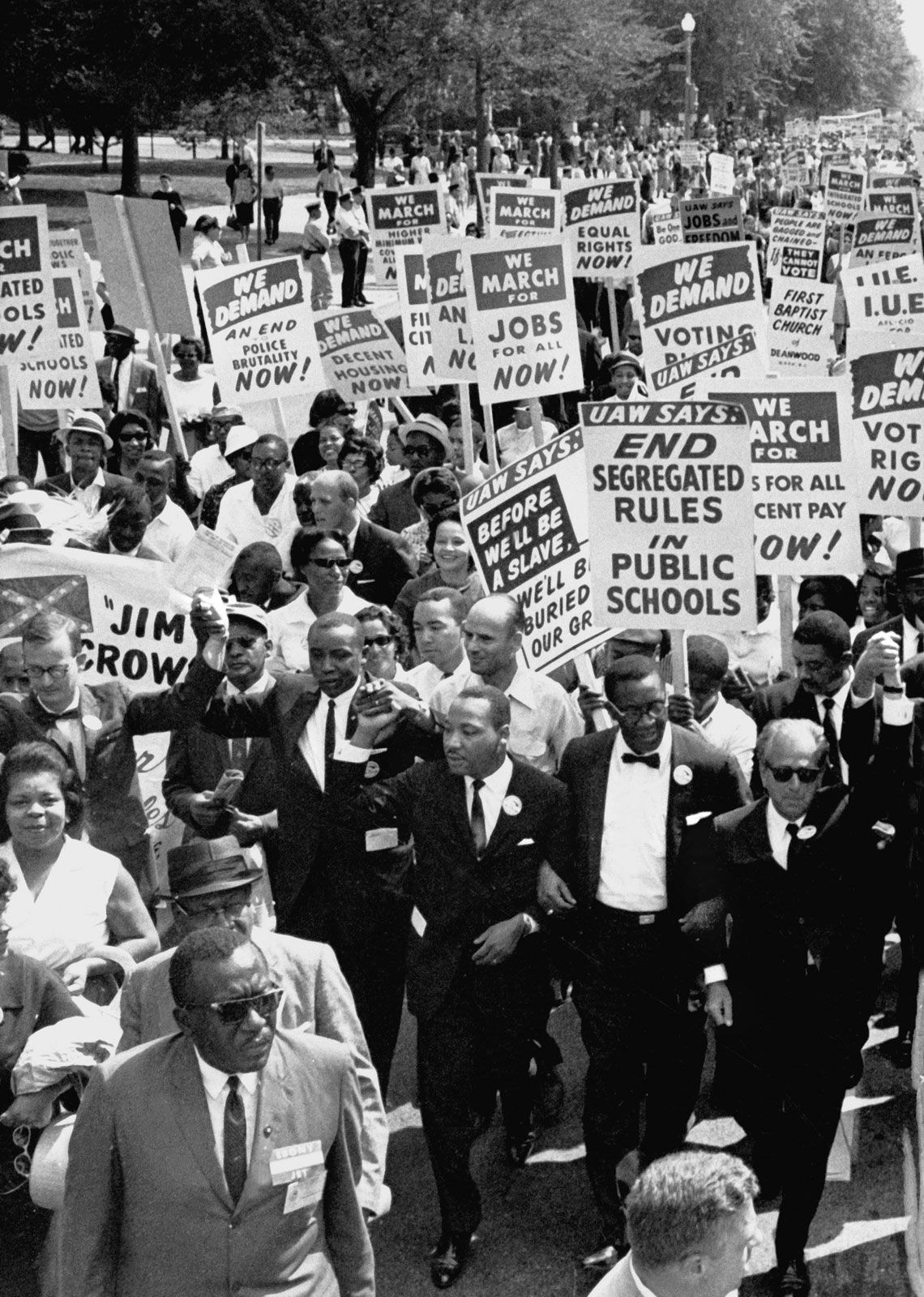Introduction:
Civil rights movements have played a pivotal role in shaping the course of history, challenging oppressive systems, and advocating for equality and justice for marginalized communities. These movements have transcended time and geography, each leaving a unique imprint on the struggle for civil rights. To truly understand the significance of civil rights movements, it is essential to explore their history, key figures, and the profound impact they continue to have on our society today.
The Origins of Civil Rights Movements:
Civil rights movements can trace their roots back to the earliest days of human history when individuals and groups first began to resist oppression and advocate for their rights. However, the modern civil rights movement in the United States gained momentum in the 20th century, fueled by a series of injustices and systemic discrimination faced by African Americans.
The American Civil Rights Movement:
The American Civil Rights Movement is perhaps the most well-known and influential civil rights movement in history. It emerged in the mid-20th century as a response to the segregation, discrimination, and violence faced by African Americans in the United States. Leaders like Martin Luther King Jr., Rosa Parks, and Malcolm X became iconic figures in the struggle for civil rights, advocating for desegregation, voting rights, and an end to racial discrimination.
Key Milestones:
Brown v. Board of Education: In 1954, the U.S. Supreme Court ruled that racial segregation in public schools was unconstitutional, marking a significant victory for the civil rights movement.
Montgomery Bus Boycott: Rosa Parks’ refusal to give up her seat on a segregated bus in Montgomery, Alabama, in 1955 led to a year-long boycott and the eventual desegregation of public transportation.
Civil Rights Act of 1964: This landmark legislation outlawed discrimination based on race, color, religion, sex, or national origin and ended segregation in public places.
Voting Rights Act of 1965: This act aimed to eliminate racial discrimination in voting by prohibiting practices such as literacy tests and poll taxes.
Global Impact of Civil Rights Movements:
While the American Civil Rights Movement is one of the most well-documented and celebrated, civil rights movements have had a global impact. Throughout history, people from various backgrounds and regions have come together to fight against discrimination and inequality.
South African Anti-Apartheid Movement:
The struggle against apartheid in South Africa was a powerful civil rights movement that captured the world’s attention. Leaders like Nelson Mandela and Desmond Tutu led efforts to end racial segregation and discrimination, ultimately leading to the dismantling of apartheid.
Indian Independence Movement:
Mahatma Gandhi’s nonviolent resistance and civil disobedience tactics played a crucial role in India’s struggle for independence from British colonial rule. This movement inspired similar movements for civil rights and self-determination worldwide.
The LGBTQ+ Rights Movement:
In recent decades, the LGBTQ+ rights movement has made significant strides in challenging discrimination and securing equal rights for the LGBTQ+ community. The legalization of same-sex marriage in various countries is a testament to the progress made in this ongoing struggle.
The Black Lives Matter Movement:
In the 21st century, the Black Lives Matter (BLM) movement has emerged as a powerful force against police brutality, systemic racism, and racial injustice. BLM protests and activism have sparked conversations and policy changes worldwide.
The Ongoing Fight for Civil Rights:
While significant progress has been made in the fight for civil rights, challenges persist. Systemic discrimination, racial disparities, and social inequalities continue to impact marginalized communities. Civil rights movements have evolved to address these contemporary issues, emphasizing the importance of intersectionality and solidarity in the struggle for justice.
Conclusion:
The history of civil rights movements is a testament to the resilience and determination of individuals and communities to overcome oppression and fight for a more just and equitable society. These movements, whether in the United States or around the world, have achieved remarkable milestones in the quest for civil rights. However, the struggle is far from over, and the legacy of civil rights movements serves as a reminder of the ongoing need for social justice, equality, and activism in our world today. It is up to each generation to carry the torch forward, ensuring that the principles of civil rights remain at the forefront of our collective consciousness.





